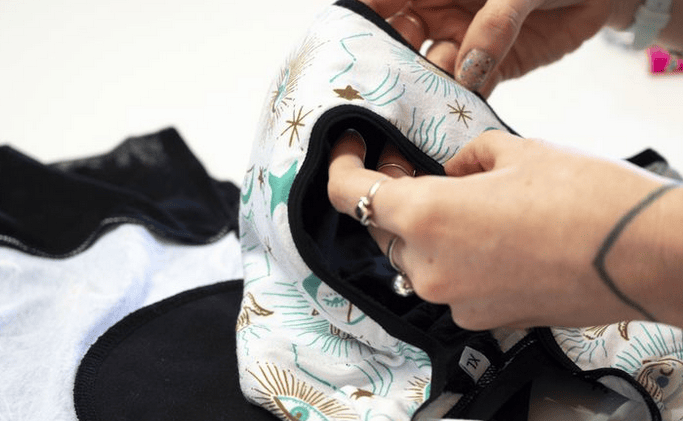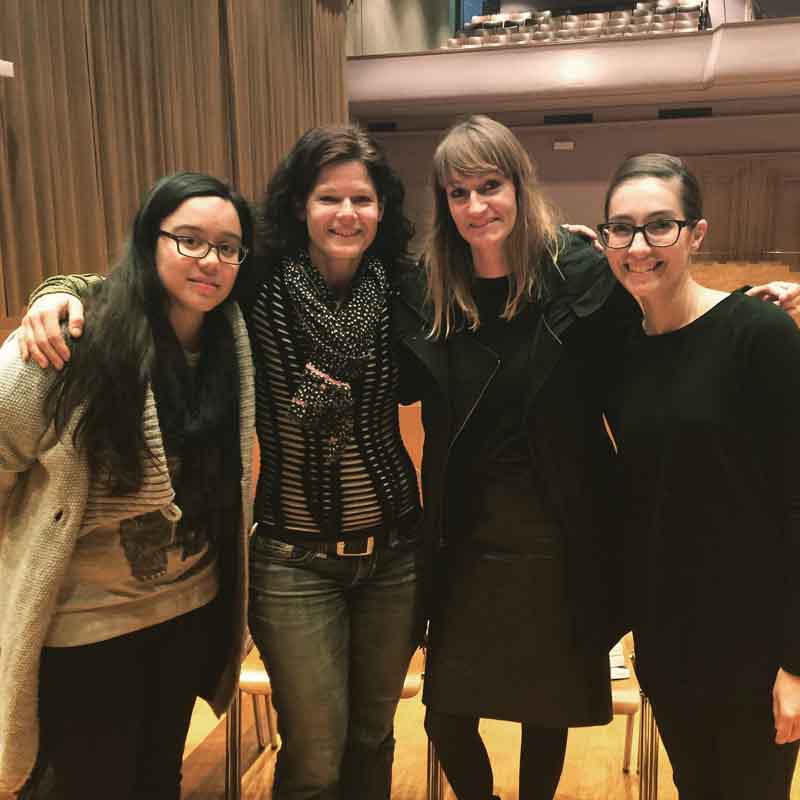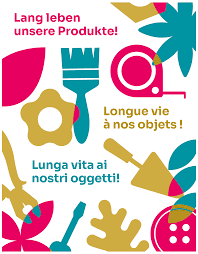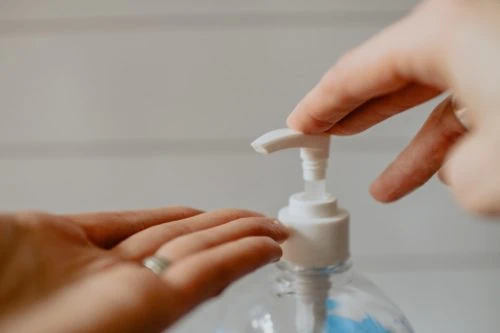
Despite the pandemic, we are not giving up on Zero Waste!
Questions & Answers
During the period of the pandemic, Zero Waste is more relevant than ever. Consumer behavior is becoming more conscious, equitable and sustainable. The “Zero Waste” lifestyle combines good (resilient) consumption with the desire for a circular, local and sustainable economy.
Here are some tips and answers to your frequently asked questions:
Can we make our own gel sanitizer?
No. The formula on the WHO website is not intended for the general public but for pharmacy professionals and is made for large quantities. Frequent hand washing with soap and water is effective against the virus.

Can we make our own mask out of cloth?
Recommendations on the subject of “hygiene masks” during the Corona period are not always clear. While the Bfarmpoints out that, despite their limitations, simple, possibly home-made nose and mouth masks offer a certain protective function against large droplets and contact of the oral and nasal mucous membranes with contaminated hands, the FOPH at the same time states: “We do not recommend home-made cloth masks”.
In fact, to date, there are no scientific studies with sufficient hindsight to certify the effectiveness of handcrafted masks, explains Bruno Grandbastien, an assistant doctor in the Department of Hospital Preventive Medicine at the CHUV, in an interview /s 24.4.20. At the end of the day, remember: a piece of cloth on the face is always better than nothing at all.” The mask avoids dispersing viral particles in front of you. So it protects others. At the same time, you must have impeccable hand hygiene and avoid touching your mask, which must be positioned so as to cover your nose, mouth and chin,” concludes the specialist.
Finally, according to AFNOR, it is possible to manufacture fabric masks according to criteria specified on their site.
When to use a mask?
Source FOPH: Wearing a mask is mandatory in many places in Switzerland. As a general rule: Wear a mask when you are not at home and you cannot constantly keep your distance from other people. The mask must always cover the nose and mouth. For more information, please consult the FOPH website and the measurements by canton.
The recommendations of the WHO and the FOPH are regularly updated.
It is also very important to follow the instructions for the correct use of hygiene masks.
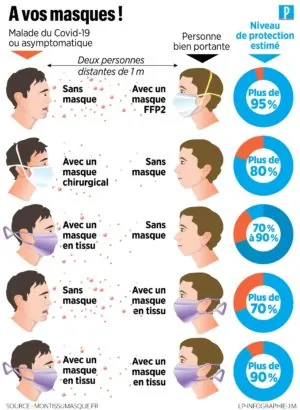
Please refer to the WHO and Federal Council websites.
How to continue with Zero Waste and do shopping in bulk?
Consumers are tempted to give up buying in bulk because of the potential risks of contamination. However, with a few precautionary measures, it is still possible to continue to buy in bulk without risk.
What are the instructions to follow?
Adapt your Zero Waste goal! Smart consumers prefer the deposit box, bags and containers from the retailer and accept that their own containers may no longer be accepted.
Shh! Conversations with other customers or cashier staff are avoided as much as possible to avoid micro-droplets that can be deposited on food or store surfaces.
Stay loyal to your bulk merchant and support local producers to do your shopping: they are mobilized to offer customers the best hygienic conditions in their stores.
« Bulk is no more dangerous than packaged » according to Célia Rennesson, director of Réseau Vrac in France. Réseau Vrac has published instructions for sellers and bulk purchasers to limit the risk of spreading the virus, in addition to essential protection measures.
Should we avoid self-service fruit and vegetables?
For the moment, no case of transmission through food has been identified, reassures the Efsa (European Food Safety Authority) on its website: “the experience we have from previous epidemics due to related coronaviruses, […] shows that transmission through food consumption has not occurred. So far, there is no evidence that this coronavirus is different in this regard. »
The German Federal Institute for Risk Assessment (BfR) considers the transmission of this virus through contaminated food to be “unlikely”. In the current context, it is still better to strictly apply the usual rules for raw fruit and vegetables, such as washing and peeling them (or removing the outer layers for endives, cabbages, etc.)..
Examples
Info Migros : According to current scientific knowledge, it is unlikely that the pathogen agent can be transmitted to humans through food. Food, including bulk food, can be consumed without concern.
Important : Take steps to protect your health and prevent the spread of the virus.
Sources

